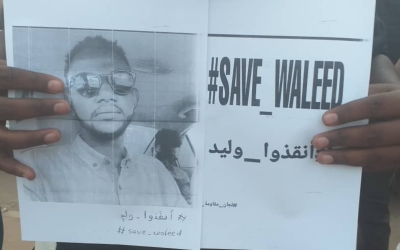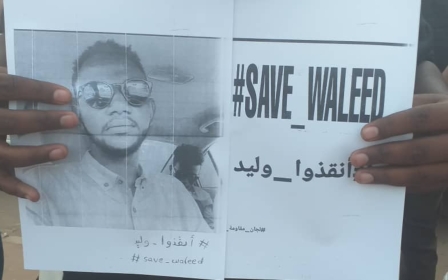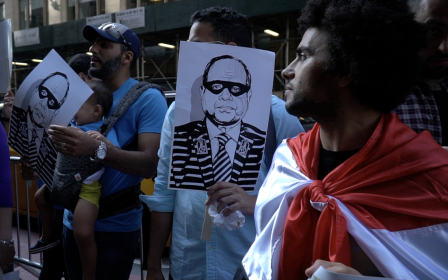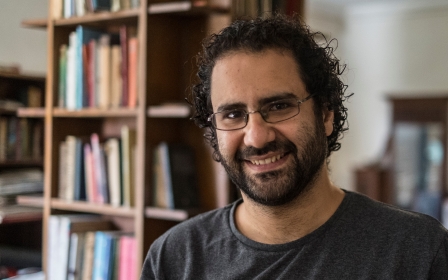Sudan summons Egypt envoy over detained student as protesters rally
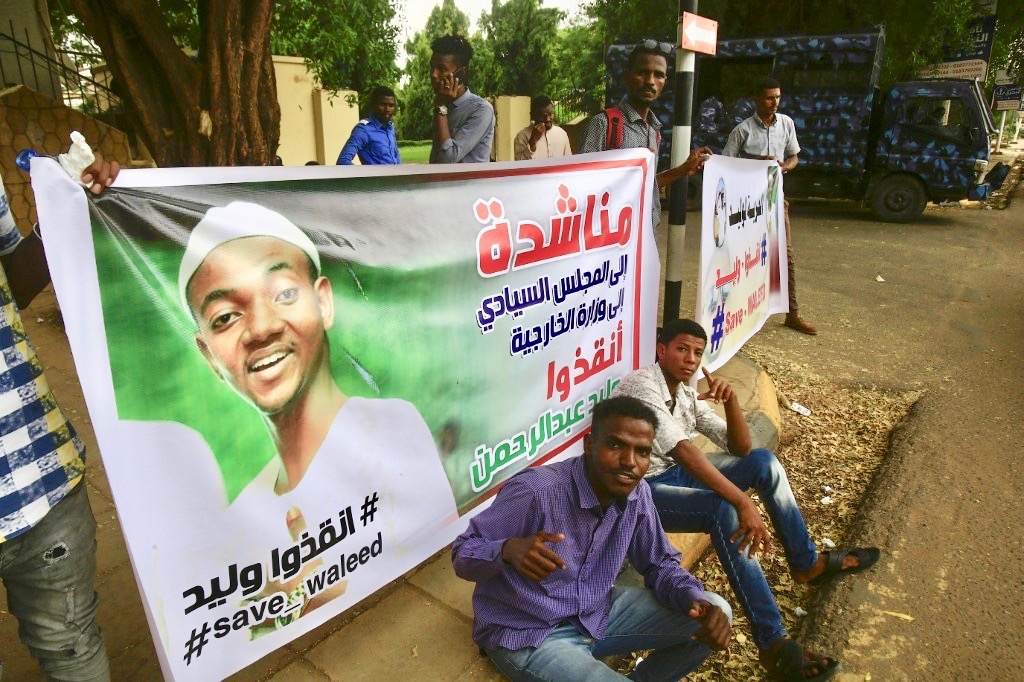
Sudan on Sunday summoned Cairo's envoy to Khartoum to protest against the detention of a Sudanese student by Egyptian authorities during a crackdown on rallies against President Abdel Fattah el-Sisi.
The anti-Sisi protests erupted on 20 September after viral videos posted by an exiled Egyptian businessman accusing the president and the military of corruption tapped into simmering discontent over economic woes in Egypt, AFP said.
Waleed Abdulrahman Hassan was one of more than 2,000 people detained by Egyptian security forces in the past week, and like many others, he stands accused of participating in protests in Cairo’s Tahrir Square against Sisi’s rule.
Hassan is accused of participating in a conspiracy against the Egyptian constitutional system - a charge that can carry the death penalty under the law.
"The Egyptian ambassador was informed about the concern and worry raised by Waleed Abdulrahman" Hassan's family over his detention, the Sudanese foreign ministry said in a statement.
The ministry also protested that Cairo was not allowing the Sudanese embassy there to meet Hassan, the statement said.
"We have asked the Egyptian authorities to give Waleed Abdulrahman all his legal rights," the ministry said.
Speaking to Middle East Eye earlier this week, Hassan’s family said they were torn between sadness and defiance, as they remain determined to bring him back, as well as hold Egyptian authorities responsible for any harm that might befall him while in custody.
On Sunday, dozens of Sudanese demonstrators staged a rally outside the foreign ministry in Khartoum, calling for the release of Hassan.
"We will bring back Waleed!" chanted demonstrators, some holding his photograph.
Sudanese pro-democracy protesters have staged protests in residential areas of Khartoum, while the family of Hassan submitted a petition to the Sudanese Ministry of Foreign Affairs calling for it to intervene to free the 22-year-old man.
Sisi has downplayed the protests in Egypt, saying there was "no reason for concern".
Elected president in 2014, a year after overthrowing predecessor Mohamed Morsi and his Muslim Brotherhood, Sisi is seen as one of the most authoritarian figures in the Middle East.
In Sudan, a months-long protest movement led to the military ousting of long-time ruler Omar al-Bashir on 11 April.
Middle East Eye delivers independent and unrivalled coverage and analysis of the Middle East, North Africa and beyond. To learn more about republishing this content and the associated fees, please fill out this form. More about MEE can be found here.


